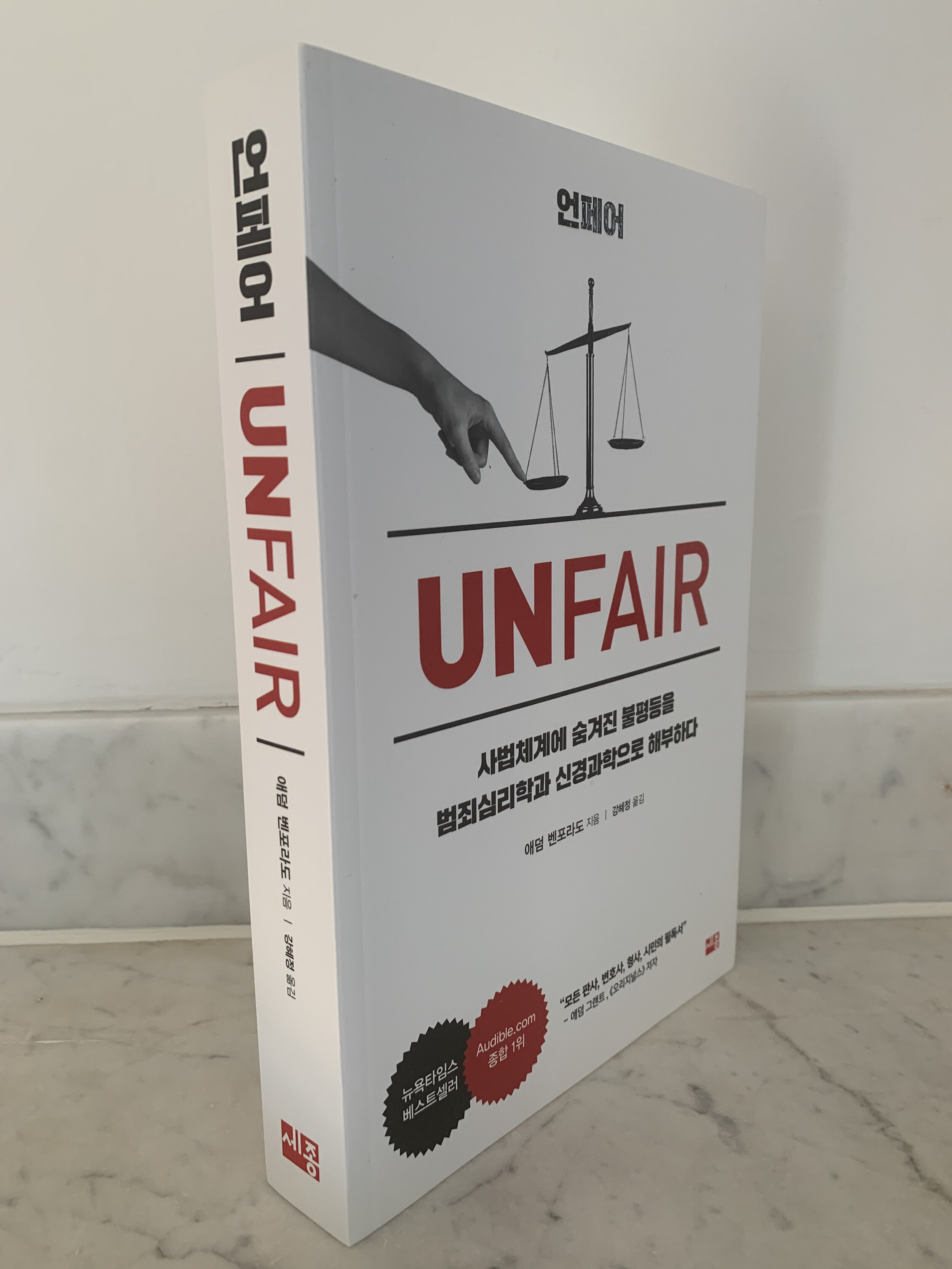
Read the acclaimed New York Times Bestseller.
#1 Audible.com Nonfiction Best Seller
Winner of the 2017 American Psychology-Law Society Book Award
Amazon Editor's Pick Best Nonfiction
A Greater Good Favorite Book of 2015
A Goodreads Best Book of the Month
A 2016 Media for a Just Society Awards Finalist
A 20th Annual Books for a Better Life Awards Finalist
A 2016 NASW Science in Society Journalism Award, Honorable Mention
A 2015 Green Bag Exemplary Legal Writing Honoree
"A law professor sounds an explosive alarm on the hidden unfairness of our legal system." —Kirkus Reviews, starred
"Benforado deftly analyzes actual cases and recent studies in psychology and neuroscience to argue for broad-based reforms . . . Authoritative and accessible." —Library Journal, starred
A child is gunned down by a police officer; an investigator ignores critical clues in a case; an innocent man confesses to a crime he did not commit; a jury acquits a killer. The evidence is all around us: Our system of justice is fundamentally broken.
But it’s not for the reasons we tend to think, as law professor Adam Benforado argues in this eye-opening, galvanizing book. Even if the system operated exactly as it was designed to, we would still end up with wrongful convictions, trampled rights, and unequal treatment. This is because the roots of injustice lie not inside the dark hearts of racist police officers or dishonest prosecutors, but within the minds of each and every one of us.
This is difficult to accept. Our nation is founded on the idea that the law is impartial, that legal cases are won or lost on the basis of evidence, careful reasoning and nuanced argument. But they may, in fact, turn on the camera angle of a defendant’s taped confession, the number of photos in a mug shot book, or a simple word choice during a cross-examination. In Unfair, Benforado shines a light on this troubling new field of research, showing, for example, that people with certain facial features receive longer sentences and that judges are far more likely to grant parole first thing in the morning.
Over the last two decades, psychologists and neuroscientists have uncovered many cognitive forces that operate beyond our conscious awareness. Until we address these hidden biases head-on, Benforado argues, the social inequality we see now will only widen, as powerful players and institutions find ways to exploit the weaknesses of our legal system.
Weaving together historical examples, scientific studies, and compelling court cases—from the border collie put on trial in Kentucky to the five teenagers who falsely confessed in the Central Park Jogger case—Benforado shows how our judicial processes fail to uphold our values and protect society’s weakest members. With clarity and passion, he lays out the scope of the legal system’s dysfunction and proposes a wealth of practical reforms that could prevent injustice and help us achieve true fairness and equality before the law.
Get your copy.
Hardcover. Paperback. Audiobook. Ebook. In translation.

Endnotes to Unfair.
A PDF of the complete endnotes for the book is available by clicking here.
A book for teachers and students.
Since its publication, Unfair has been assigned at the undergraduate and graduate level, used for community reading programs, and adopted by book clubs around the country.
The paperback of the book includes a reader's guide, with questions and topics for discussion and a conversation with the author. All members of the public can access the guide for free by clicking here.
If you are currently assigning Unfair or plan to assign it in the future, please send a note to Adam so that he can add you to his teaching mailing list.



